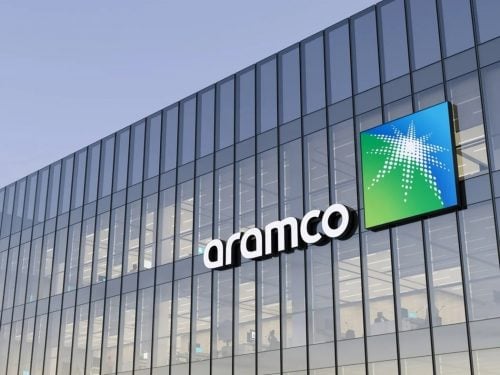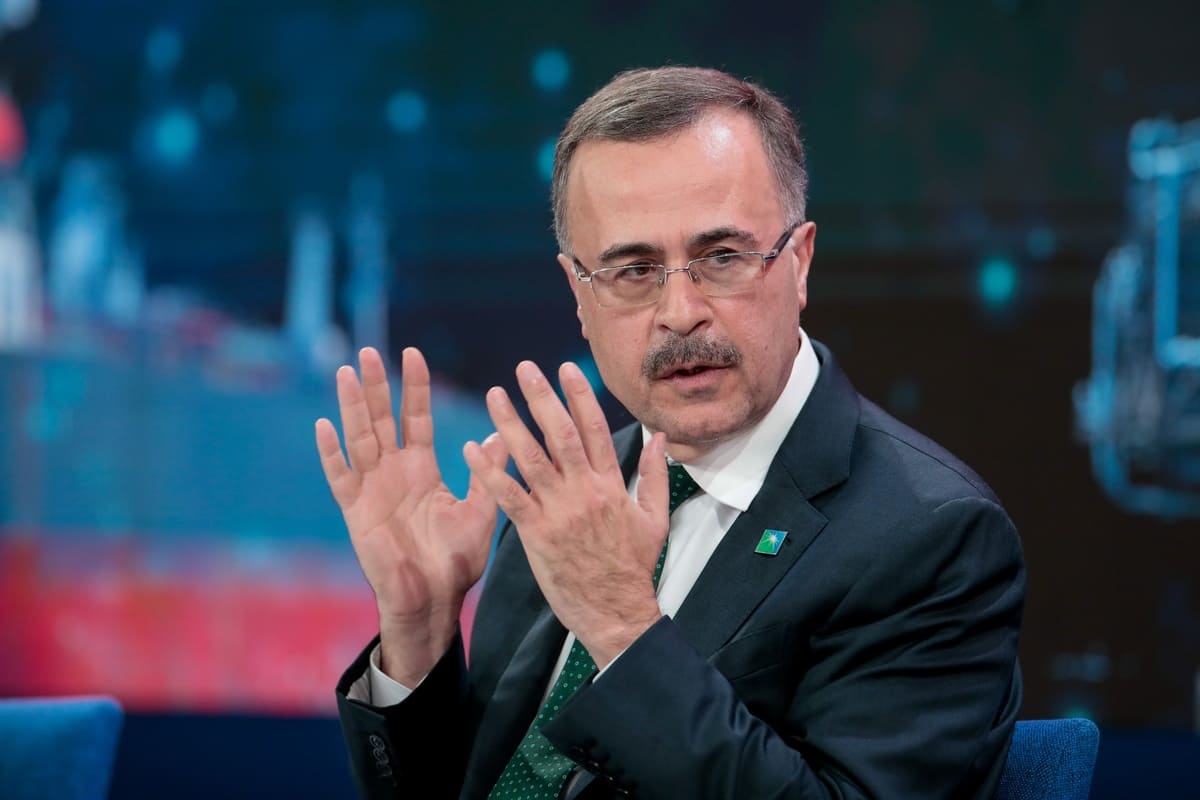The CEO of Saudi Aramco, Amin Al-Nasser, announced that the oil giant has affirmed its support for China’s long-term energy security and development.
Al-Nasser said, before the China Development Forum today, Sunday, March 26 (2023), that the company has partnerships and technologies to reduce emissions with China to produce low-carbon products.
Al-Nasser also indicated that the global energy transition is in dire need of “some realism and clarity,” according to statements seen by the specialized energy platform, quoting Aramco’s official website.
He stressed that Aramco’s vision for the future of energy, and the most realistic way to get there, is closely aligned with China’s.
He said, “We agree with Chinese President Xi Jinping’s opinion that traditional energy sources and their alternatives should work in parallel for decades to come. We also agree that China cannot achieve its climate change mitigation goals at the expense of energy security.”
3 strategies to support China
Amin Al-Nasser explained that Aramco is already working on 3 main strategies to support energy and development priorities in China, taking these facts into account, according to statements seen by the specialized energy platform.
The first strategy is to expand the company’s oil production capacity by 1 million barrels per day to 13 million barrels by 2027, which will enhance China’s long-term energy security.
“Therefore, our gas production will increase by more than 50% by 2030, which should release an additional million barrels of oil per day for export,” he said.
The second strategy involves reducing the already low carbon intensity of oil production, as well as the methane intensity; As well as working on solutions such as advanced carbon capture and storage and circular carbon economy technologies.
“Moreover, we recently launched a $1.5 billion venture capital sustainability fund to invest in advanced technologies that will help us all move closer to a zero-emissions future,” he added.
While the third strategy aims to add less carbon energy to the company’s business portfolio, especially blue hydrogen, blue ammonia, electric fuels and renewable energy sources; In addition to the assessment of entry into LNG.
Areas of Aramco investment in China
Amin Al-Nasser indicated that the investment capital space in China provides important investment opportunities to stimulate the development of technology and the required innovation.
Meanwhile, with conventional engine cars likely to dominate the roads for some time, Saudi Aramco is developing more efficient, lower-emissions hybrid engines and systems.
“This is why we signed a letter of intent to be part of a new entity that is being established by Geely and Renault,” Al-Nasser said.
The Saudi company also partners with Baoshan Iron and Steel Company “Baosteel” to produce steel plates in Saudi Arabia with a lower carbon footprint. Because reducing emissions from hard-to-mitigate sectors such as steel, aluminium, cement and concrete is essential to China’s high-quality development.
More broadly, Aramco is developing advanced and more sustainable materials, such as those based on polymers and carbon, to complement traditional materials, while reducing their high costs.
The Saudi company also launched a new center of excellence for non-metallic technologies, called Nexel, in Beijing.

In this regard, Al-Nasser said, “In other words, we want to be a comprehensive source of energy and chemicals for China’s long-term energy security and high-quality development in China.”
He stressed that there is a win-win opportunity to build a world-leading integrated refining and petrochemicals sector in China, with a particular focus on higher conversion of liquids directly into chemicals.
Saudi Arabia’s relationship with China is “thriving”
The CEO of Saudi Aramco, Amin Al-Nasser, had announced – in previous statements – that there are discussions for major partnerships in China that will be announced within a year or two.
Al-Nasser explained that the surplus production capacity remains limited at two million barrels per day, in light of the high demand for jet fuel, and the opening of the Chinese market after Beijing lifted restrictions to eliminate the Corona virus pandemic.
Aramco CEO said, “There are signs of a recovery in global oil demand, with the reopening of China’s economy and the increase in air traffic.”
Al-Nasser also stressed that the Kingdom’s relationship with China has been characterized by prosperity in recent years, which allowed both countries to cooperate in projects that promote economic growth.
He pointed out that the oil market will remain tightly balanced in the medium term, expressing cautious optimism about developments in global markets.
related topics..
Also read..

Leave a Reply